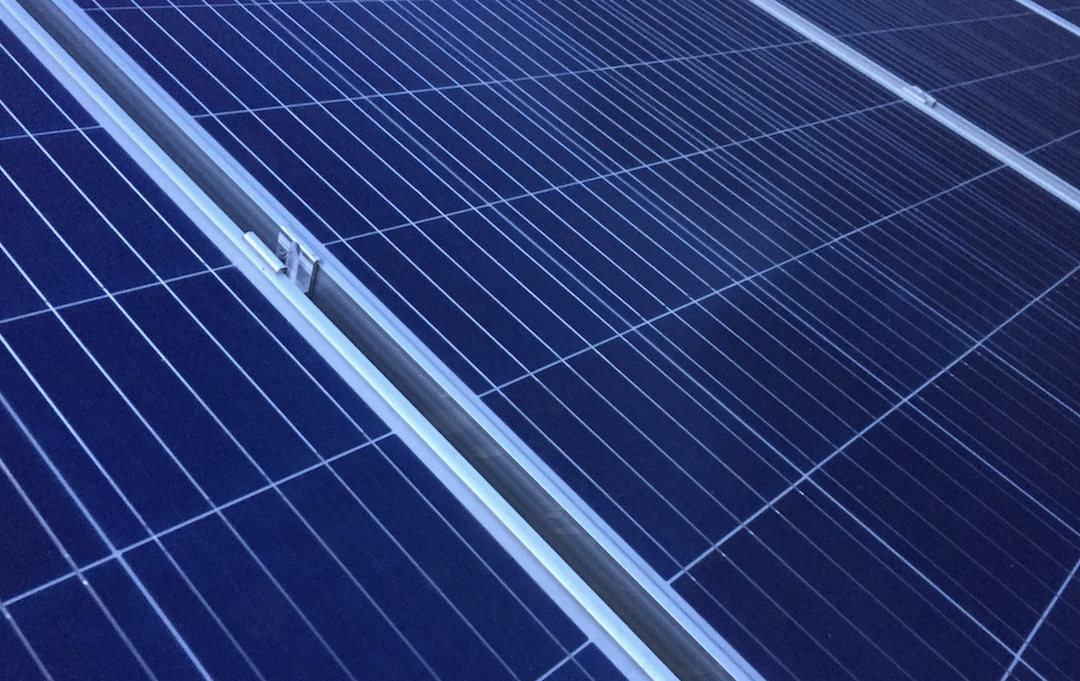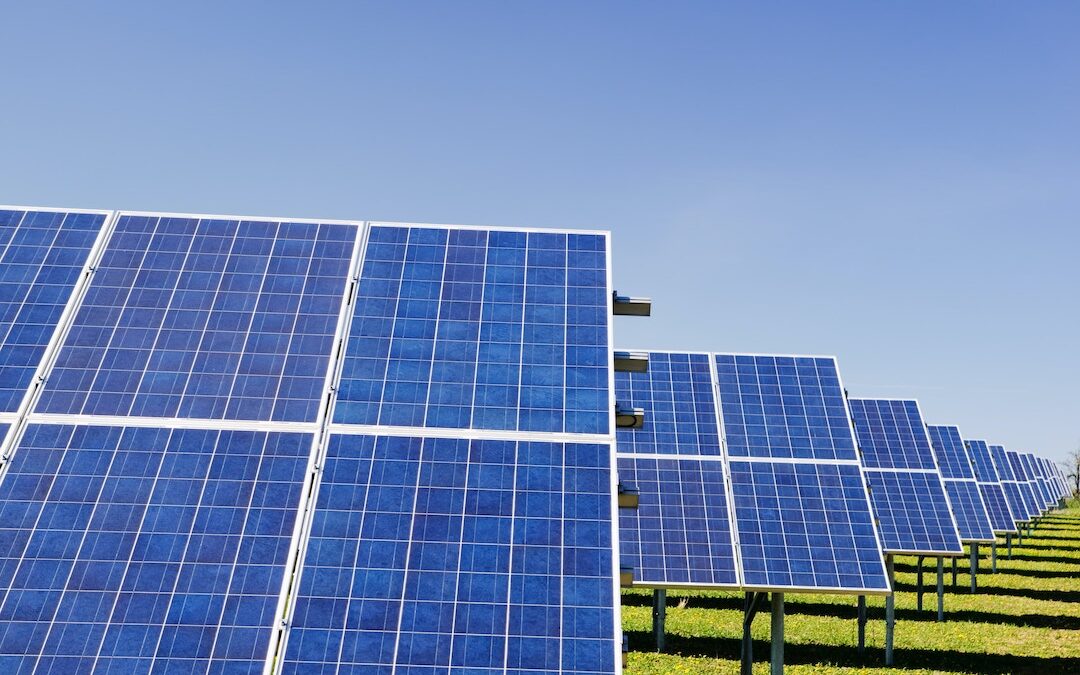A happy accident has increased solar panel recyclability.
Researchers weren’t expecting to uncover a more effective method of recycling old solar panels, but recent research holds the potential to reduce carbon emissions and protect the environment.

How it began
Experts from Macquarie University were trying to find a faster way to anneal silicon when they discovered that microwave radiation can replace traditional recycling methods for solar panels. By selectively heating the silicon in a microwave until it softens, it can be removed mechanically from the rest of the solar panel. This means that materials including glass and aluminium can be recovered and recycled, rather than being destroyed as they usually would.
Research suggests that one million solar panels will reach the end of their lifespan in the next 20 years. Current methods of recycling are considered time consuming and insufficient, often resulting in much of the panel being crushed and disposed of. This new method of recycling could be the solution the industry has been searching for. Estimates suggest this microwave technology is 40 per cent more effective than the current processes.
If this practice is adopted by the industry as a whole, it would make it easier to retrieve valuable substances like silver from solar panels.
“We are using very little energy just to soften the plastic,” says Dr Veetil, head researcher and senior lecturer for the School of Engineering at Macquarie University.
“At the moment about 50 per cent of the value of recycling a solar panel comes from the silver content. The glass is not regarded as valuable because it’s crushed, and then when you try to extract the silver, it comes to around 0.06 percent by weight.
“But if you are able to remove the glass intact, the silver content in the remaining materials is 1.46 per cent. That’s about 25 times more than we get now.”

The next steps
This has several environmental and economic benefits. The uncrushed glass can be reused in other projects, and the collected silver adds profitability to the solar panel recycling process, which previously held little value for the industry.
But to turn this discovery into an everyday practice, there’s still work to be done. Dr Veetil and his team are now concerned with improving the efficiency of the process by developing a mechanical system which can remove the glass from the solar panel while microwave radiation is in use. This requires a compact and affordable design, and will take time to achieve.
However, if this new method can be implemented, it could be a major step towards reducing Australia’s carbon footprint and becoming a greener planet. What began as a happy accident is now an exciting environmental discovery.
Learn more about environmental innovation here.

